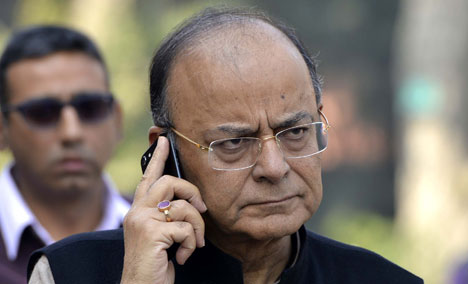
The budget is an expression of the government’s public policy. It informs the public as to how the government plans to earn and sell. But, most importantly, the budget reflects the government’s balance sheet. It tells you the current state of the country’s economy.This is why people remain glued to the television on Budget Day.
Why 2018 is special
Finance minister, Arun Jaitley, will present National Democratic Alliance (NDA’s) fourth budget in the current term on February 1, 2018. Expectations are high that it would be a populist budget as five states in the country are going to polls this year.
This time around, the finance minister will face a dilemma of balancing growth and inflation amid rising crude oil prices and bond yield.
In a large democracy like India, budgets take on a life of their own because they affect the people.Here are the top five reasons why it is the most important event in the calendar.
1. Economic growth: The budget is an avenue to ensure the country’s economic growth. The government makes provisions to increase budgetary spending and promote savings. It aims toaccelerate the country’s economic growth. The government calibrates its budgetary policy depending on economic conditions. For example, if there is inflation, the government will come out with surplus policy. If there is deflation, the government will look at ways to improve people’s spending power. Thisbalancing act results in economic stability.
2. Businesses get direction: The budget is a pointer of things to come over the next three to five years. Companies try to get wind of which way the country is heading. They then plan their policies accordingly. The budget tells them how much the government will spend on various sectors. Many companies are investedininfrastructure, roads, agriculture and the rural sector.Information about these sectorsis important for them.
3. Reduces disparities:The budget caters to certain government objectives. One of the objectives is to reduce the country’s income disparity. Through the budget, the government aims to tax the rich and carry out welfare for the poor.Changes in the tax slabs are announced during the budget.
4. Taking care of PSUs: The government runs several public sector units. Many of these units have emerged as a source of national pride. The budget decides how to manage the PSUs betteror if they need disinvestment,etc.
5. One nation: Through the budget, the government seeks to iron out the heterogeneity in the country’s economic progress. For example, an area A is more economically backward than area B.The government attempts to address the problem by setting up industriesin area A.This helps locals of area A gain employment and improve the quality of their lives.
Agencies

